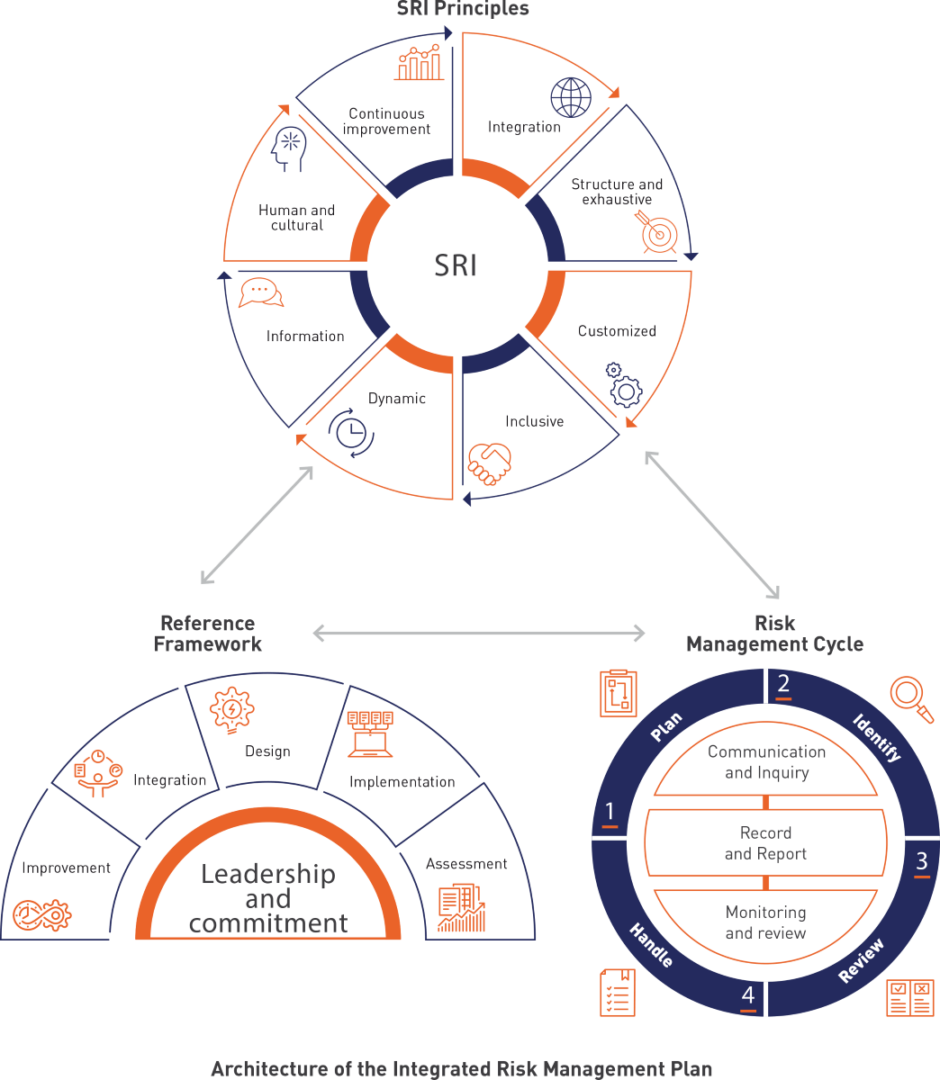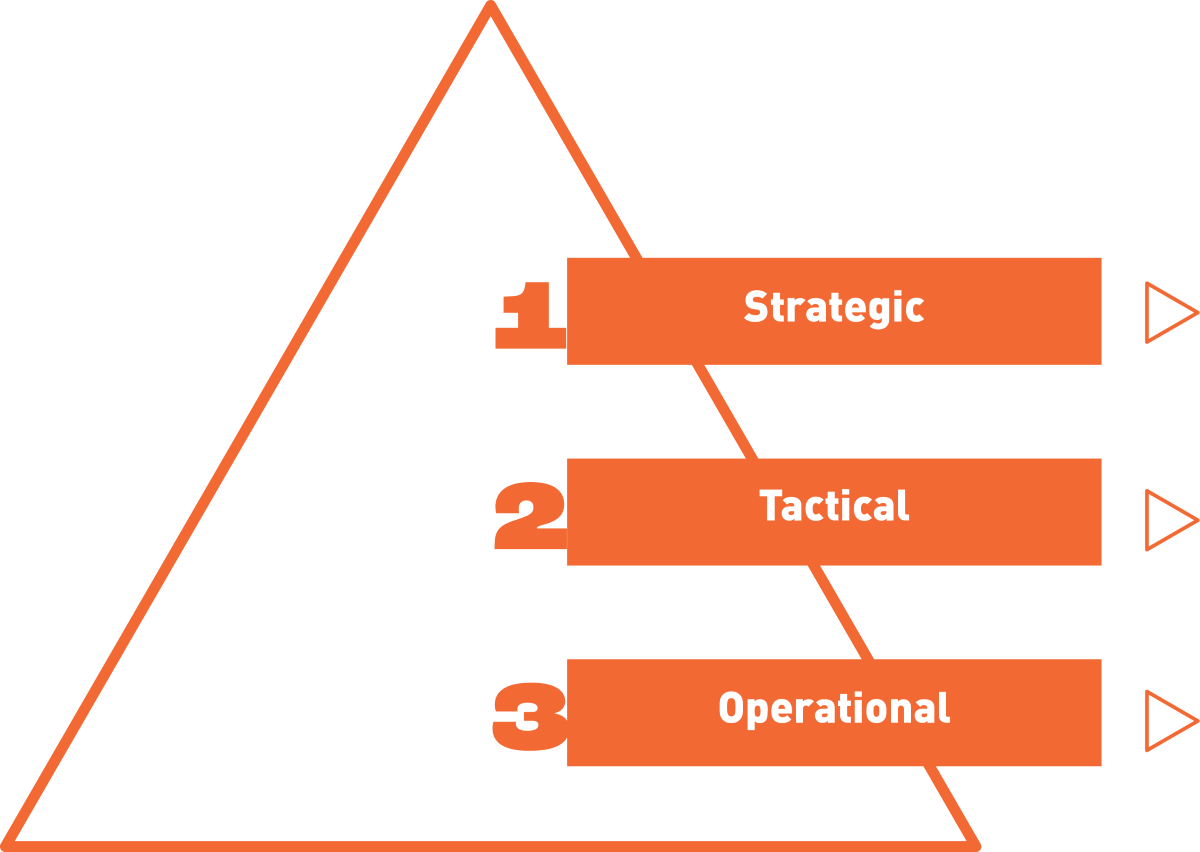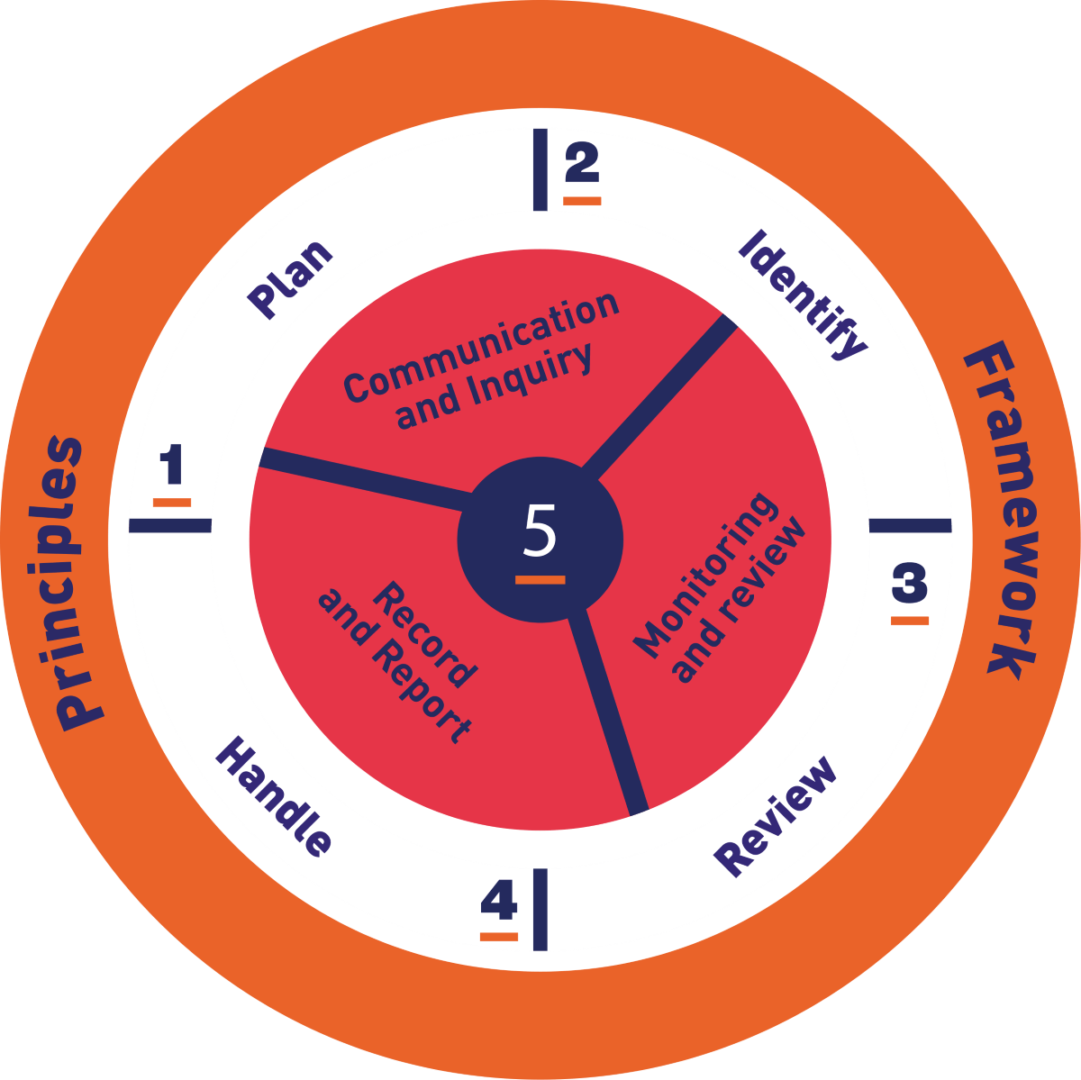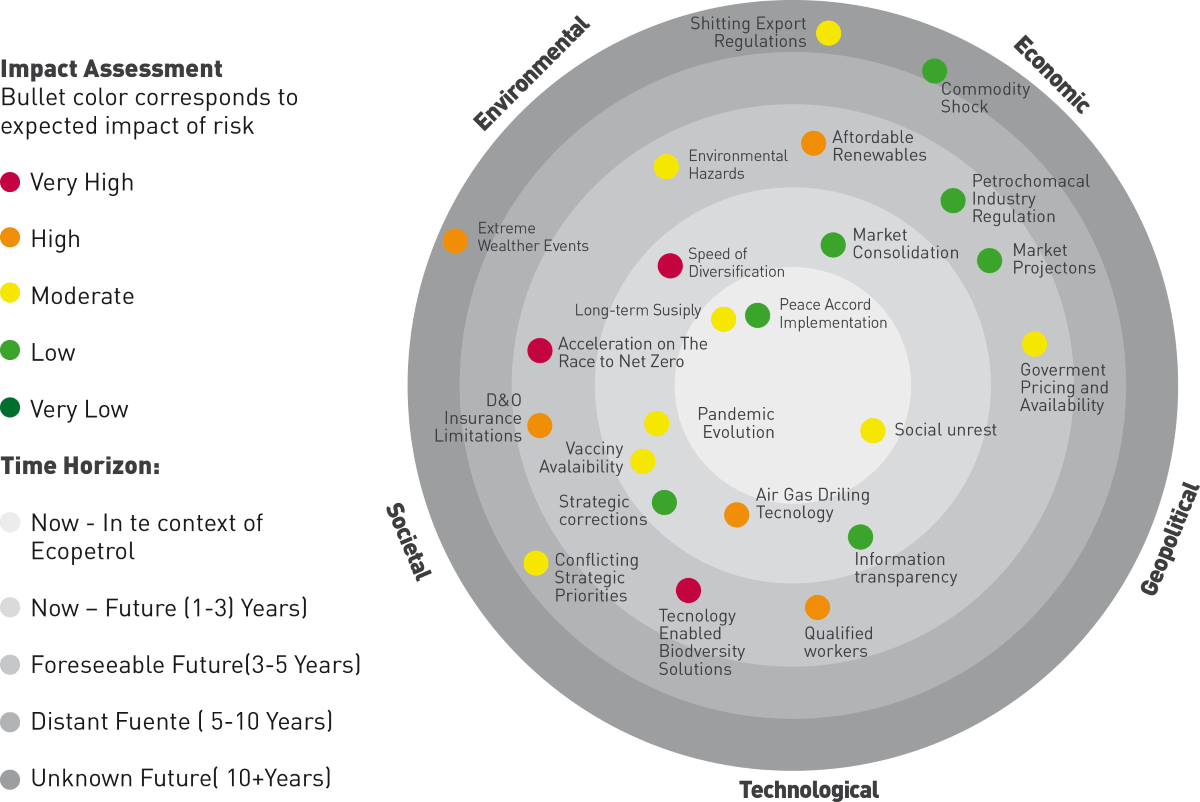Governance

Corporate Governance
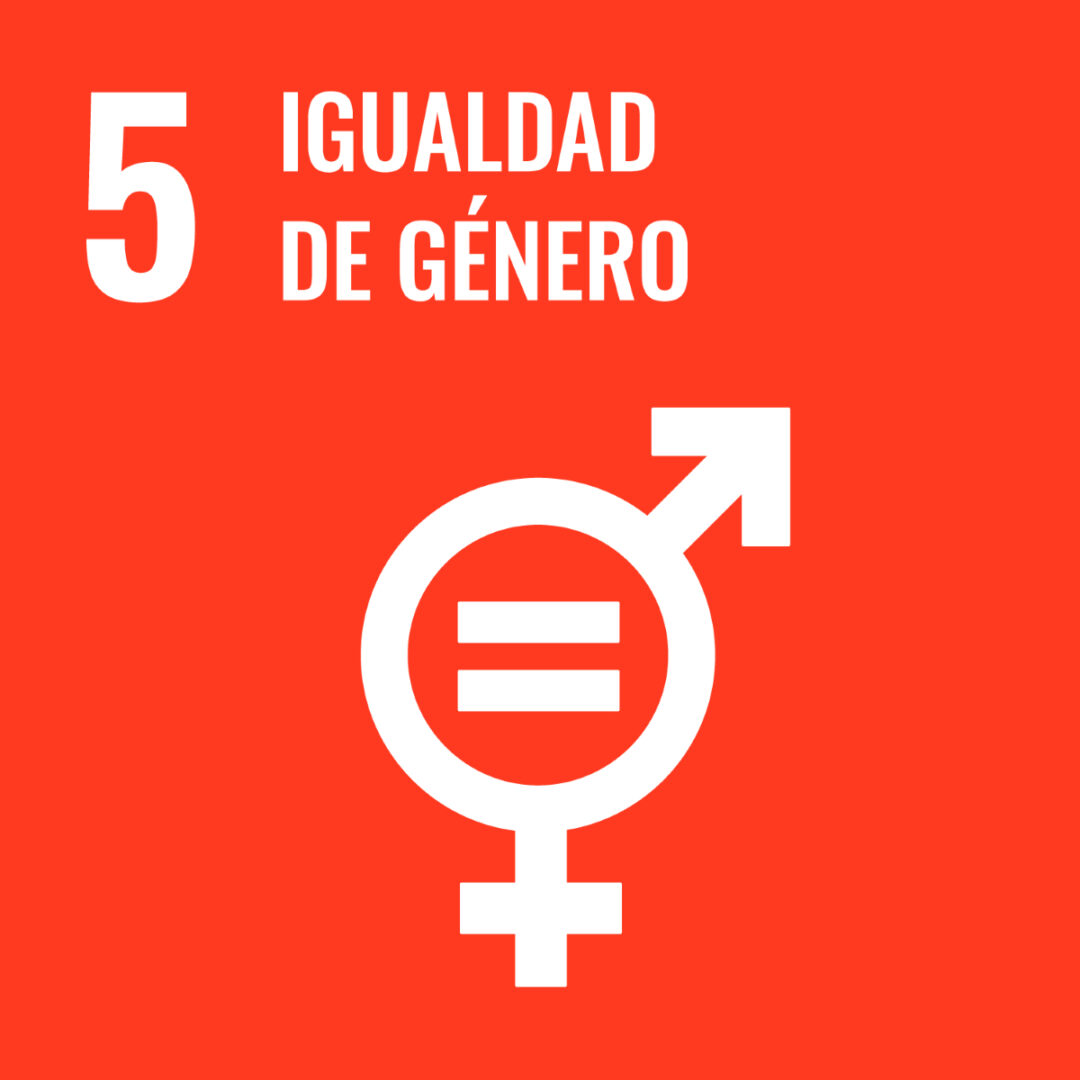
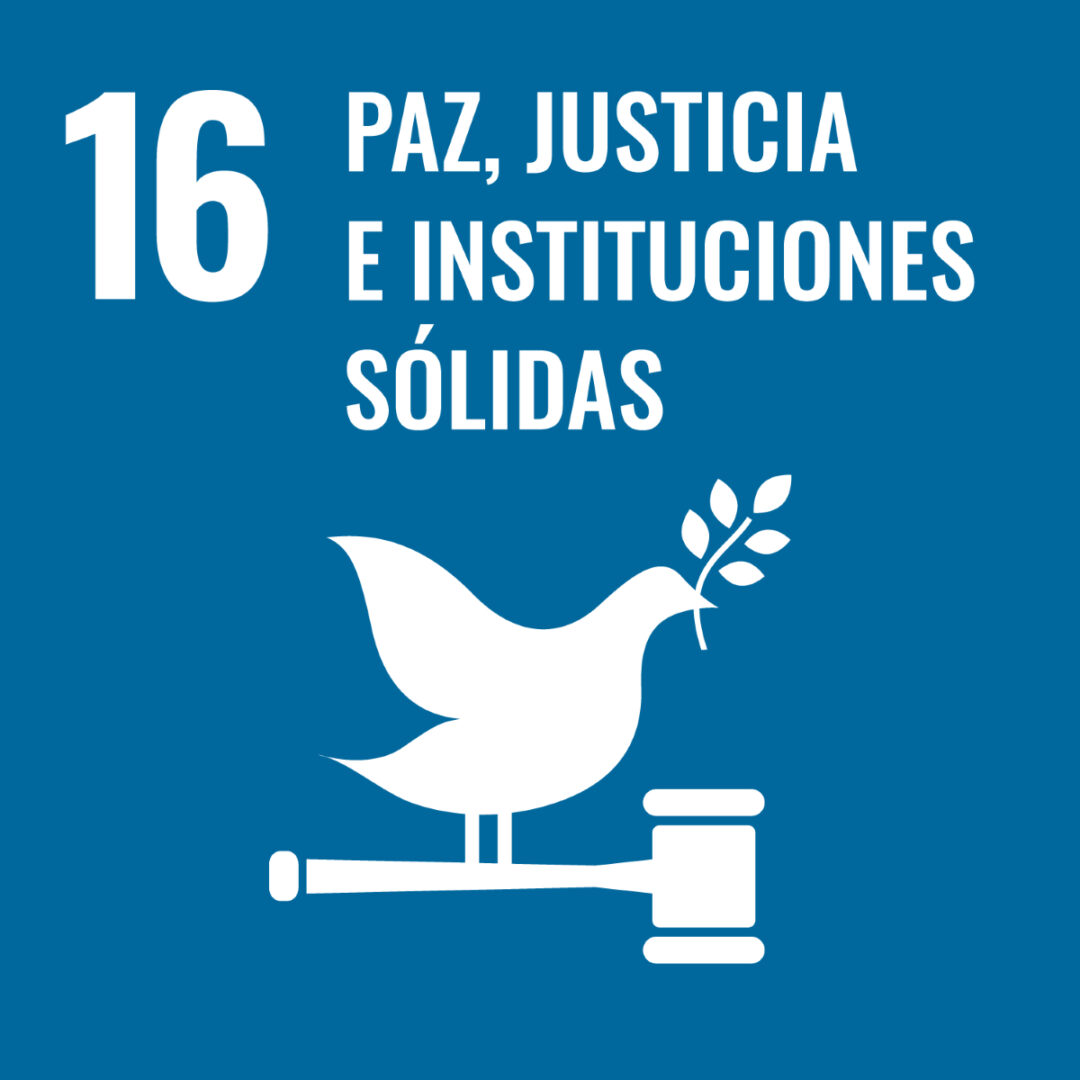
Ecopetrol Group’s
Governance Structure
Ecopetrol S.A.’s
Governance Structure
Board of Directors
The Board of Directors is the highest governing body at Ecopetrol.
30 sessions
were held in the respective period, broken down as follows:
Twelve
12
ordinary meetings,
Of the 30 meetings,
Fifteen
15
extraordinary meetings,
27 (90%)
were held virtually.
In three
3
of them, deliberations and decisions were made by votes.
The remaining
10%
were voting sessions.
The deliberations of the Board of Directors took place with a number equal to or greater than five (5) of its members, and the decisions were made unanimously.

(102-18) (102-31) (102-33) (102-34)

- Evaluation of the Statutory Auditor, the Internal Auditor, and the Committee
- Approval of the General Internal
- Audit Plan
- Business Risk Map
- Reserves
- Annual individual and consolidated financial statements and dividend distribution project
- Coverage policy
- 20F
- Financing for the energy transition strategy
- Calculation of the 2020 Variable Compensation
- Monitoring of actions undertaken at Ecopetrol and in the other companies under Ecopetrol Group pertaining to their internal control system, risk management system, and ethics, corruption, and fraud reports
- Follow-up on judicial proceedings
- Issuance and Placement Regulations applicable to the Third Round of the Common Shares Issuance and Placement Program
- Cybersecurity
- Salary increase
- Collective Labor Convention
- Balanced Management Boards (TBG, by its Spanish acronym)
- President evaluation
- Aid for the new work scheme in the “new normality” (Telework)
- Long-term incentives
- CEO Succession Policy
- Cultural Transformation
- People Retooling
- Diversity and Inclusion
- Succession Program and Talent Maps
- 2022 Variable Compensation Plan
- Analysis of the first level organizational structure (areas that depend directly on the Presidency of Ecopetrol)
- Evaluation and approval for the acquisition of 51.41% stakes in Interconexión Eléctrica S.A. ESP (ISA), owned by the MHCP
- Follow-up on the investment in Permian and release of resources for the 2022 activity plan
- 2022-2024 Financial and
- Investment Plan
- Incorporation of Ecopetrol Singapore Pte Ltd
- Contribution in kind to Cenit’s capital stock by transferring Ecopetrol assets associated with the transportation segment
- Ronda Colombia 2021
- Divestment of strategic assets
- Release of resources for
- project execution
- Update of the Unconventional
- Reservoirs Strategy
- Board of Directors Evaluation
- Integrated Report
- Annual Corporate Governance Report
- Statutory Reform
- Measures to guarantee the protection of the rights of minority shareholders for the 2021 General Assembly
- Candidates to the Board of Directors
- Succession Policy for the members of the Board of Directors
- CEO Succession Policy
- TESG in the industry
- Competencies Matrix and Experience of the Board of Directors
- Board of Directors Diversity and Inclusion Policy
- Human Rights and Business trends
- and strategy
- 2020 Financial Statement and management focus on safety, health, and environment in 2021
- Carbon neutrality Roadmap
- Progress in the vaccination schedule and health management (COVID-19)
- Safety and environmental performance
- Circular economy
- STI Strategy
- Cybersecurity Strategy
- Follow-up on the Technology and Innovation Plan
- Follow-up on Digital Technology
- Follow-up on the Digital Agenda
On March 25, 2021, the Board of Directors created the Temporary Special Committee to discuss the assessment of Interconexión Eléctrica S.A. ESP (“ISA”).
The Committee met to review the main points of analysis of ISA’s assessment. The activities of the Committee, pursuant to its mandate, were conducted under the assessment completed by Ecopetrol’s team together with the following external financial advisors hired by the Company for this purpose: Banca de Inversión Bancolombia S.A., Corporación Financiera, and HSBC Securities USA Inc.
As part of the self-control and supervision exercise, certifications and self-assessments are conducted periodically to determine the effectiveness of the controls, the existence of additional risks, relevant risk issues, mitigation measures, and the monitoring of key risk indicators (KRIs).
176 reports
(102-22) (102-23) (102-24) (102-25)
9

(i) international knowledge or experience in the activities pertaining to the Company’s corporate purpose and/or knowledge and experience in the field of industrial and/or commercial, or financial activities, business risk, stock market, administrative, legal, or related sciences,
(ii) more than 15 years of professional experience;
(iii) good reputation and recognition for their professional competence and integrity, and
(iv) not partake simultaneously in more than five (5) boards of directors of different corporations, including Ecopetrol.





Members of the Board of Directors
(102-22) (102-23) (02-25) (405-1)
| Name | Seniority on the Board of Directors | Committees in which he/she participates | Attendance at committee meetings (%) | Attendance at Board of Directors meetings | Does he/she own Ecopetrol S.A. | Other boards that they partake in | |
|---|---|---|---|---|---|---|---|
 | Carlos Gustavo Cano Sanz Independent President of the Business Committee | 5 years (member since 2017) |
|
| 100% | No | Minka S.A.S. |
 | Hernando Ramírez Plazas Independent President of the HSE Committee | 4 years (member since 2018) |
|
| 96% | No | N/A |
 | Cecilia María Vélez White Independent | 1 year (member since 2021) |
|
| 95% | Yes |
|
 | Esteban Piedrahíta Uribe Independent President of the Corporate Governance and Sustainability Committee | 2 years (member since 2019) |
|
| 95% | Yes |
|
 | Luis Santiago Perdomo Maldonado Independent President of the Special Committee | 2 years (member since 2019) |
|
| 100% | No | Mineros S.A. |
 | Sergio Restrepo Isaza Independent President of the Audit and Risk Committee | 2 years (member since 2019) |
|
| 100% | No | President of the Board of Directors at Grupo BIOS S.A.S. Member of the Board of Directors at:
|
 | Juan Emilio Posada Echeverri Independent President of the Compensation, Nomination, and Culture Committee | 2 years (member since 2019) |
|
| 100% | No |
|
 | Germán Eduardo Quintero Rojas | 2 years (member since 2019) |
|
| 80% | No | Financiera de Desarrollo Nacional (FDN) |
 | Luis Guillermo Echeverri Vélez Independent President of the Board of Directors President of the Technology and Innovation Committee | 2 years (member since 2019) |
|
| 100% | No |
|
Age range members Board of Directors
1 (11%)
6 (67%)
1 (11%)
1 (11%)
Experience Board of Directors
| Energy industry and/or energy transition | |||||||||
| Administration, Senior Management, and/or Leadership | |||||||||
| Government affairs and/or public policy | |||||||||
| Financial and/or Stock Market | |||||||||
| Business risk management | |||||||||
| Human Resources and/or Talent Development | |||||||||
| Legal and/or corporate governance | |||||||||
| Technology and/or Innovation | |||||||||
| Health, Safety, and/or Environment | |||||||||
| Sustainability | |||||||||
| Business strategy and/or project management |

- Composition
- Responsibilities of the Board of Directors
- meetings
- Committees
- Internal information management
- External communications
- Interaction
- Agenda
- Discussion and decision making, and
- Strategic goals
(102-35) (102-36)
The Directors are not entitled to any kind of variable remuneration.
The fees of the Directors for attending the meetings of the Board of Directors and/or the Support Committees are set by the General Shareholders’ Meeting, which to date, are equivalent to six (6) current legal monthly minimum wages17, corresponding to COP 5,451,156 in 2021 for each session held by the Board of Directors or the Committees of the Board of Directors. The General Shareholders’ Meeting may set the fees in another unit of value, considering the nature of the
17. According to the decision recorded in Minutes 026 of 2012 of the General Shareholders’ Meeting.
18. Of this amount, COP 117,805,449 correspond to the payment of fees for sessions held in 2020.

Remuneration of the members
of Senior Executives
(102-35) (102-36)
(102-36) (102-37)
40% fixed compensation and
60% variable compensation.
(102-38) (102-39) (WEF 18)
7.99 times
3.31% was allocated to all workers.
Ethics, Compliance,
and Transparency
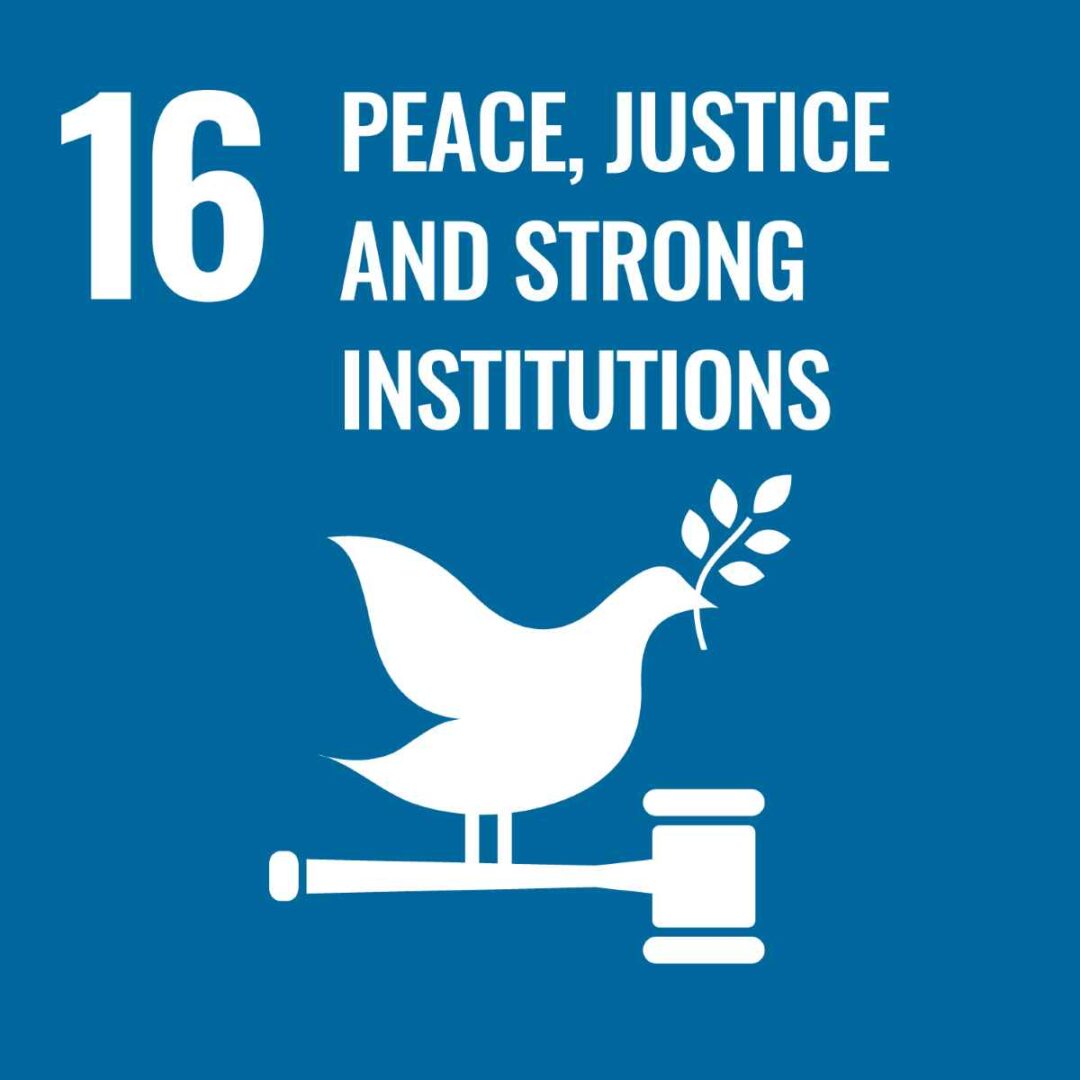
training and communication
97.5%
99.7%
97%
5,874 connections
- Fight against bribery
- Prevention of money laundering and the financing of terrorism
- Free competition
- Risk management and culture
- Fraud prevention
- Corruption
- Domestic violence
- Sexual harassment in the workplace
- Foreign Corrupt Practices Act – FCPA
Specialized training
Employees
- Update to the Code of Ethics and Conduct and the compliance program;
- Conflicts of interest;
- The Public Officer regime;
- Collective initiatives;
- Anticompetitive and monopolistic practices;
- Sexual harassment20;
- Due diligence and money laundering;
- Gender equality;
- Risks, opportunities, and controls;
- Stock trading and skills;
- Information ownership, responsibility, and security;
- Facilitation payments;
- Cartagena Refinery Ethics Seminar;
- Information Technology controls;
- Preparation in the processes under the Quality Management System audit conducted by Icontec;
- Training for workers holding critical roles on the general issues of the Integrated Risk Management System (hereinafter SRI, by its Spanish acronym);
- Induction on the Internal Control System (SCI, by its Spanish acronym) to the critical positions of the different areas (HSE, EPP, VGS).
45 training courses
were taught to 10,197 people,
100% (68) of ethical mentors were trained on the following topics,
2,538 times
- Update to the Code of Ethics and Conduct;
- Instructions on conflicts of interest;
- Collective initiatives;
- Facilitation payments;
- Anticompetitive and antitrust practices;
- Integrated risk management system – SRI;
- Information ownership, responsibility, and security;
- Sexual harassment;
- Participation in politics;
- ML/FT;
- Manual for the LA/FT/FPADM (money laundering, the financing of terrorism, and weapons of mass destruction) self-control and risk management system
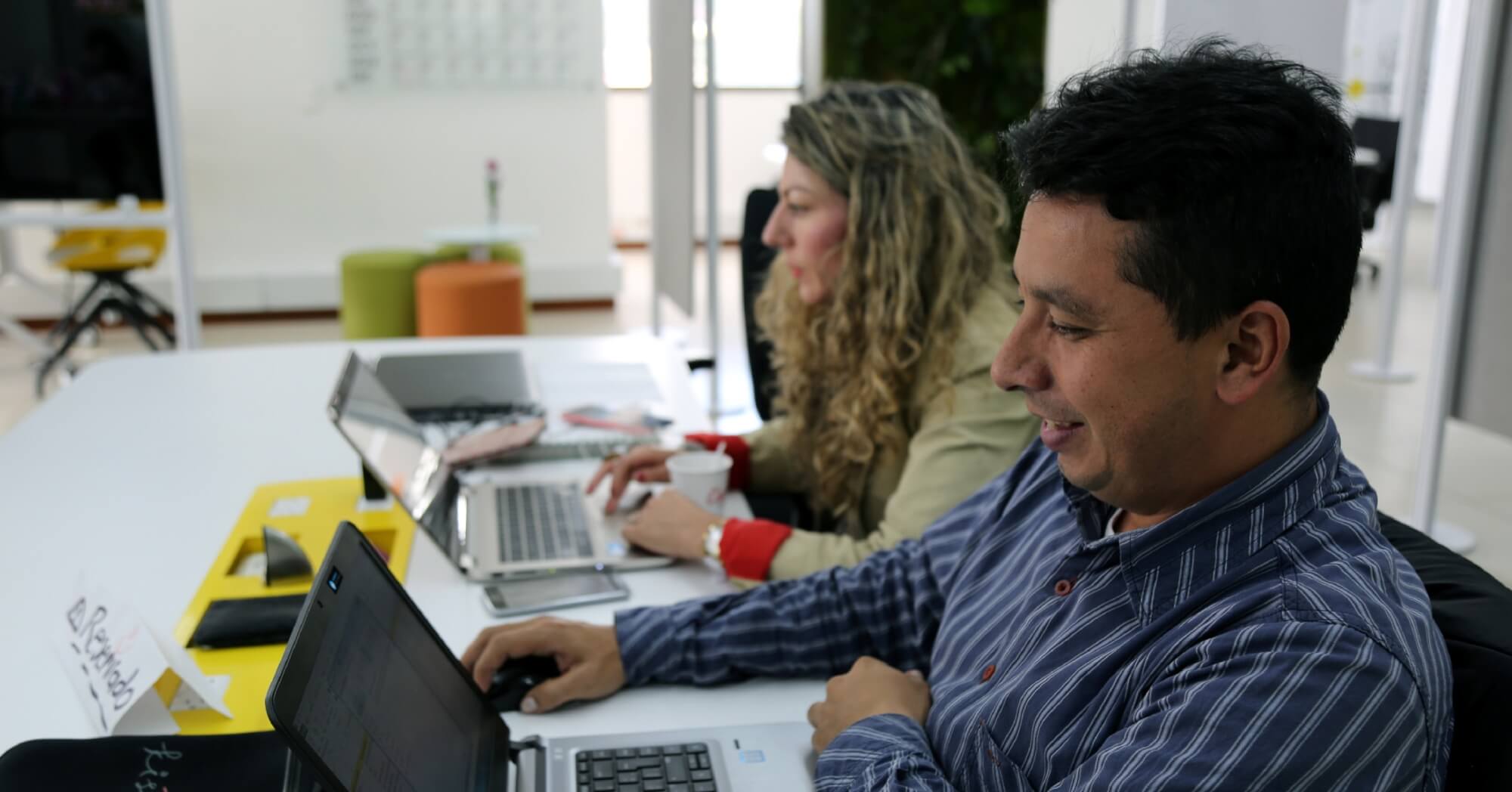
- Code of Ethics and Conduct;
- Inappropriate behaviors in work settings during
- the pandemic;
- Conflicts of interest and ethical conflicts;
- PACI Collective Initiative;
- Facilitation Payments;
- Discrimination;
- Anti-competitive and anti-trust practices, free competition;
- Sexual harassment;
- Information leakage;
- Share trading;
- Inabilities applicable to Public Officers;
- Participation in politics;
- Manual for the LA/FT/FPADM self-control and risk management system;
- CGR Citizen and Environmental Participation; and
- Politically Exposed Persons (PEPs).
Contractors, allies, suppliers, partners
100% of the partners and 100% of the suppliers/contractors have acknowledged in writing that they are aware of said information and that they are implementing said code.
100% of Ecopetrol's contractors, suppliers, allies, and partners
using communication pieces on the following topics:
i) Transparency; ii) sexual harassment; iii) Ethical behaviors against COVID; iv) Integrity APP; v) conflicts of interest; vi) bribery; vii) free competition; viii) fraud; ix) ethics hotline; x) Code of Ethics and Conduct, among others; and they were handed the Ethics and Compliance Kit21, in order to encourage the creation and strengthening of compliance programs.
14 workshops
358 attendees,
Training sessions on the Prevention of Sexual Harassment were offered in collaboration with the ICBF, with 127 participants from the regional units23. Training on human rights and Ecopetrol’s Code of Ethics and Conduct was also imparted to the military forces.
77 communications pieces
1,012,334
- Code of Ethics and Conduct;
- Compliance Program;
- Prevention of LA/FT/FPADM;
- Bribery; v) Facilitation Payments;
- Conflicts of Interest;
- Disciplinary Capsules, among others,
Thus covering
100% of Ecopetrol workers, contractors, customers, suppliers, allies, and partners.
22. Piedemonte, Orinoquía, and Sur regional units.
23. Middle Magdalena, Northern Santander, Arauca, Meta, Putumayo, and Northern Regional Unit.
- Members of Boards of Directors and workers at Ecopetrol S.A. and its Business Group.
- All natural or legal persons who have a relationship with the Company, including:
- Beneficiaries
- b. Shareholders
- Contractors
- Suppliers
- Agents
- Partners
- Clients
- Allies (including Joint Ventures)
- Bidders
- The personnel and firms hired by the contractors to execute
- the activities agreed with the Company
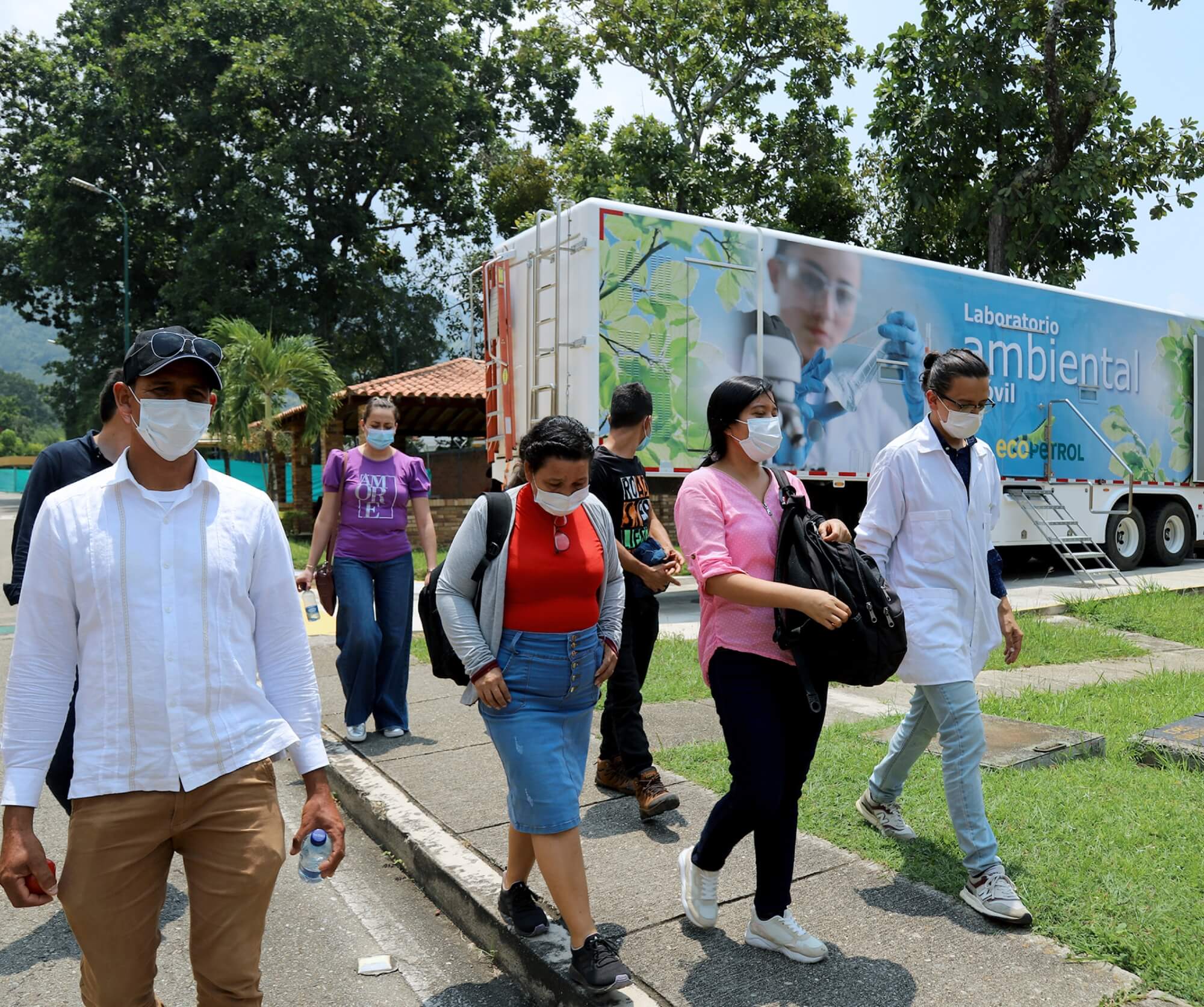
The Commitment to Transparency survey, where parties ratify the Code of Ethics and Conduct and their commitment to it every year, achieved historical results with a 99.42%. participation rate.
(205-2) (WEF 4)
- The Statement of Information and Responsibilities of the members of the Board of Directors, where they commit to “learn and apply (.) the Code of Ethics”.
- The Commitment to Transparency, whereby workers and senior management annually ratify their awareness of the Code and their commitment to comply with it.
- The ethical clause in the contracts and agreements, whereby contractors, suppliers, allies, and Joint Ventures affirm the following:
- Their awareness, commitment, and implementation of the Code of Ethics and Conduct, as well as the ethical and anti-corruption guidelines governing Ecopetrol.
- Their commitment to act with transparency and to report any violation of ethical principles via the ethics hotline.
- Their obligation to keep records and report them in accordance with accounting standards, with all transaction details.
- To no incur in conflicts of interest.
- Facilitation payments, gifts, promises, or other advantages, whether directly or through any other person or entity, for the use or benefit of any public officer, are prohibited.
- Training of third-party personnel on Ecopetrol’s ethical provisions.
- Right to audit compliance with anti-corruption regulations by Ecopetrol’s counterparties.
- Contract termination for breaching the provisions set forth in the ethics and transparency clause.
- Related parties must also sign the following formats: i) prevention of money laundering and the financing of terrorism; ii) commitment to contractual integrity. It is worth mentioning that these clauses and formats are also signed by our security service providers.
- Regular training and instruction on the code for
- board members, workers, Joint Ventures, contractors, and others.
Code of Ethics and Conduct
| Stakeholder group | Scope of the Code of Ethics and Conduct (%) | Written/digital acknowledgment of the awareness of the Code of Ethics and Conduct (%) | Training on the Code of Conduct (%) |
|---|---|---|---|
| Employees | 100 | 99 | 100 |
| Contractors and suppliers | 100 | 100 | 100 |
| Subsidiaries | 100 | 100 | 100 |
| Joint ventures24 | 100 | 100 | 100 |
24. As of 10% ownership.
(102-17) (WEF 4)
Ecopetrol cuenta con la Línea Ética – disponible para trabajadores, contratistas, proveedores, clientes, aliados, socios de negocio y otros terceros a través de su página web que permite comunicar y obtener asesoramiento mediante la formulación de dilemas (dudas de los destinatarios del código de ética en el actuar conforme al mismo) y consultas (procedimientos de debida diligencia), así como para reportar posibles transgresiones al Código de Ética y Conducta.
At Ecopetrol and its Group, there is zero tolerance for retaliation against the persons who report acts contrary to the Code of Ethics and Conduct; for which, the Company ensures:
99.6% of workers
580 issues and
424 queries
99% were processed in 2021
and
100% were handled on time.
(205-3) (WEF 4)
Report status
| Report status | Number |
|---|---|
| Reports under evaluation | 93 |
| Unconfirmed violation reports | 69 |
| Confirmed violation reports | 30 |
| Total Reports | 192 |
Report topics
| Report status | Number |
|---|---|
| Conflicts of interest/bribery/corruption | 35 |
| Violation of rules and procedures | 80 |
| Disrespect, mistreatment, or hostile environment | 9 |
| Discrimination | 0 |
| Sexual harassment | 4 |
| Other | 2 |
| Total | 130 |
Breaches related to report topics
| Violaciones relacionadas con: | Number |
|---|---|
| Conflicts of interest/bribery/corruption | 2 |
| Violation of rules and procedures | 24 |
| Disrespect, mistreatment, or hostile environment | 0 |
| Discrimination | 0 |
| Sexual harassment | 2 |
| Other | 2 |
| Total | 30 |
(102-17) (205-3) (WEF 4)
17 dismissals
16 notifications
Two (2) cases
Three (3) reports
Four (4) preventive ethics conversations
(102-17) (205-3)
(102-16) (205-1)
(102-16) (205-3) (WEF 4)
(406-1) (WEF 20E)
Operations assessed for risk of corruption
| Operations evaluated in relation to corruption risks | Unit of measurement | 2021 |
|---|---|---|
| Number of operations | # | 43 |
| Percentage of operations | % | 100 |

and political contributions
COP 0
Constitution and assignments at no cost
COP 305,006,504.
(102-15) (WEF 6)
(102-19) (102-20) (102-29) (WEF 2)

The SRI establishes the set of principles, the reference framework, and the processes for the COMPANY to manage the effects of uncertainty related to the fulfillment of its objectives, in order to maximize opportunities, help define strategies, and make informed decisions.
Risks levels
Graph 25.
Risk Management cycle
![]()
Plan
Defining the scope of the activities and analysis of the internal and external context.
![]()
Assess
Cause and effect analysis. Assessment according to probability and impact.
![]()
Address
Selecting and implementing options to address the risk.
![]()
Communication, follow-up, and registration
information Exchange, feedback, and continuous monitoring.

Emerging Risks
In accordance with the foregoing, the emerging risks identified are the following:
Emerging risks
Acceleration in the race towards
net zero emissions
Technology-enabled
natural capital solutions

(5% to 10%)
(2.5% to 100%)
(100%)
- Employees took SRI perception surveys to establish the level of appropriation of these concepts and define the corresponding strengthening strategies.
- A virtual Risk Management course was imparted to all workers
- Communication pieces were created alluding to integrated risk management in the company.
- Risk management in operations conducted with third parties and risks associated with geopolitical changes
- Risk Management Podcast
- FCPA Act training by Miller Chavalier and FCPA Law training by the VCU


